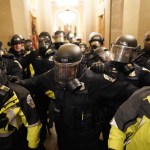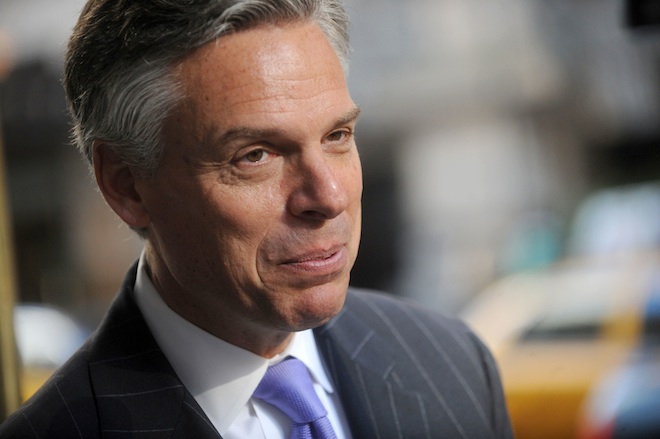Tuesday’s New Hampshire presidential primary may end up being former Massachusetts Gov. Mitt Romney’s biggest coup, should the current frontrunner go on to win the Republican nomination — but not because his lead was ever in doubt.
Watch an hour of cable news over the last week and you’ll assuredly hear two common refrains about the presidential primary process — the Iowa caucuses winnow the field of candidates in a given party, after which the Granite State’s political charge is to pick the nominee. And that’s what’s special about Romney’s nearly sure win the state. Through political circumstance (Romney was governor of adjacent Massachusetts, he ran in 2008 and essentially kept running) and execution, he’s managed to attract and hold on to a large plurality of some of the most fiercely independent voters in the country.
But a look inside the numbers ahead of Tuesday’s vote shows that for the voters truly in the middle — the ones who went for President Barack Obama in 2008 — the real opportunity for Republicans would be in nominating former Ambassador and Utah Gov. Jon Huntsman.
Recent Public Policy Polling (D) numbers show that those voters who define themselves as independent are split nearly evenly among Huntsman, Romney, and Rep. Ron Paul (R-TX), which shows how diverse a voting population that group is in New Hampshire. Indies made up 37 percent of the PPP sample released Sunday night, and those voters can choose to vote in whatever primary they wish.
Huntsman, the self-styled moderate in the GOP race, does well within the small voting blocs you’d expect. Among very liberal, liberal, and moderate voters he’s either at the top or just below. But of course, that doesn’t add up to a lot of actual votes. And with a large field, Paul attracts many left-leaning voters and Romney competes in the middle. The key for the former Massachusetts governor is center-right voters, which he dominates, and takes just enough of to put together a big coalition.
But break down the quarter of truly independent voters who are previous Obama supporters, and you see that Huntsman is the choice of 35 percent, followed by Paul at 24 and Romney at 19. Among previous McCain voters, Huntsman moves to the back of the pack, and Romney soaks up 42 percent. Yet Republican voters don’t see it this way — among the 37 percent who say they’re more interested in a candidate that can take on President Obama in 2012, Romney is the choice of a 55 percent, Huntsman only at 5.
The message for 2012 seems to be this: Romney’s huge lead in New Hampshire has buried some of the state’s ability to look beyond him to others in the field, and it’s very possible that he’s the best option in a weak group anyway. But that’s meant that a candidate like Huntsman — a nominee able to attract real independent voters who could vote for either party, not simply Republicans that refuse the label — has always been relegated to his fate as an also-ran. It’s been good politics for Romney, but it may not end up serving Republicans concerned with re-taking the White House.









